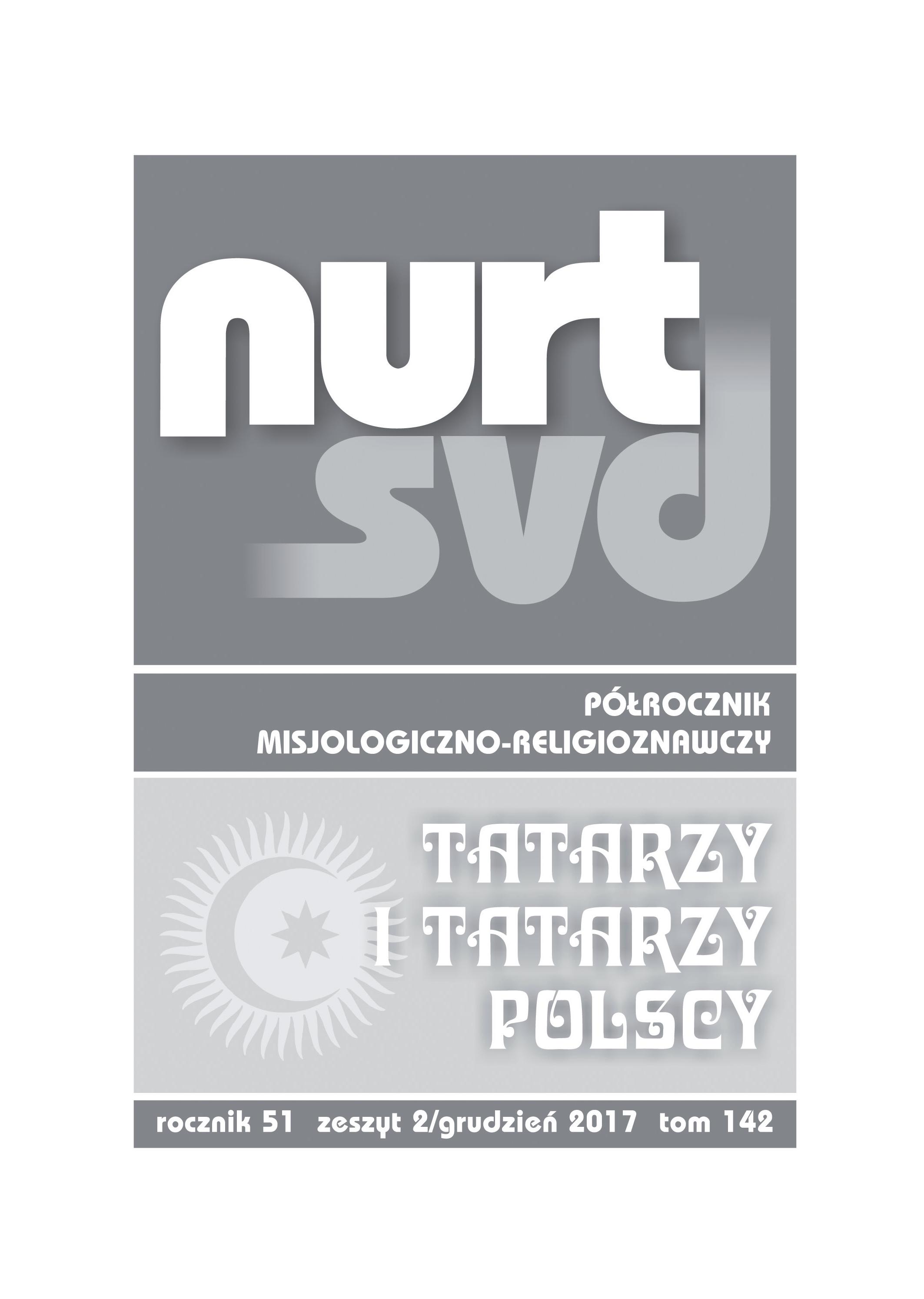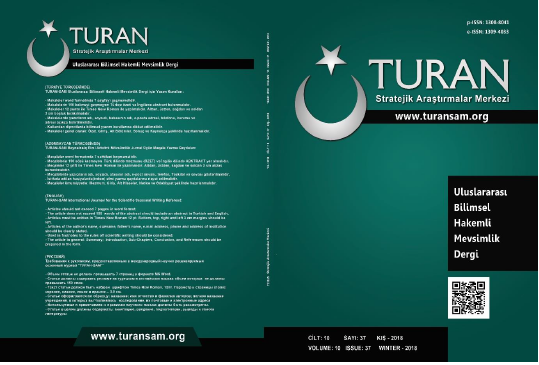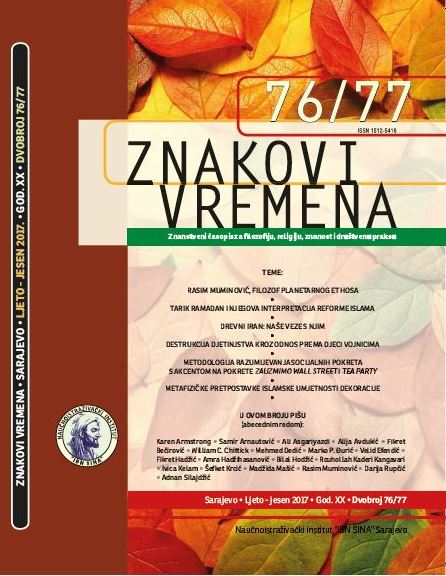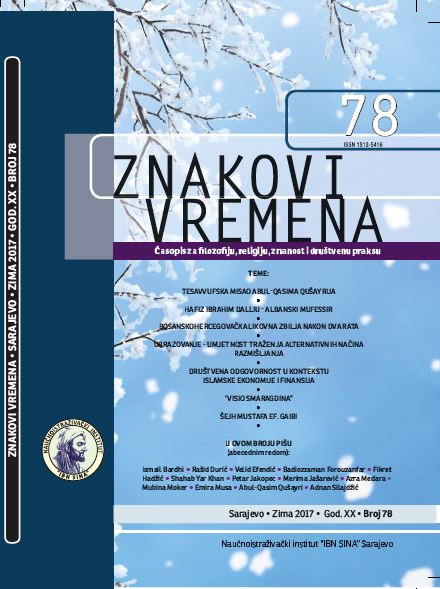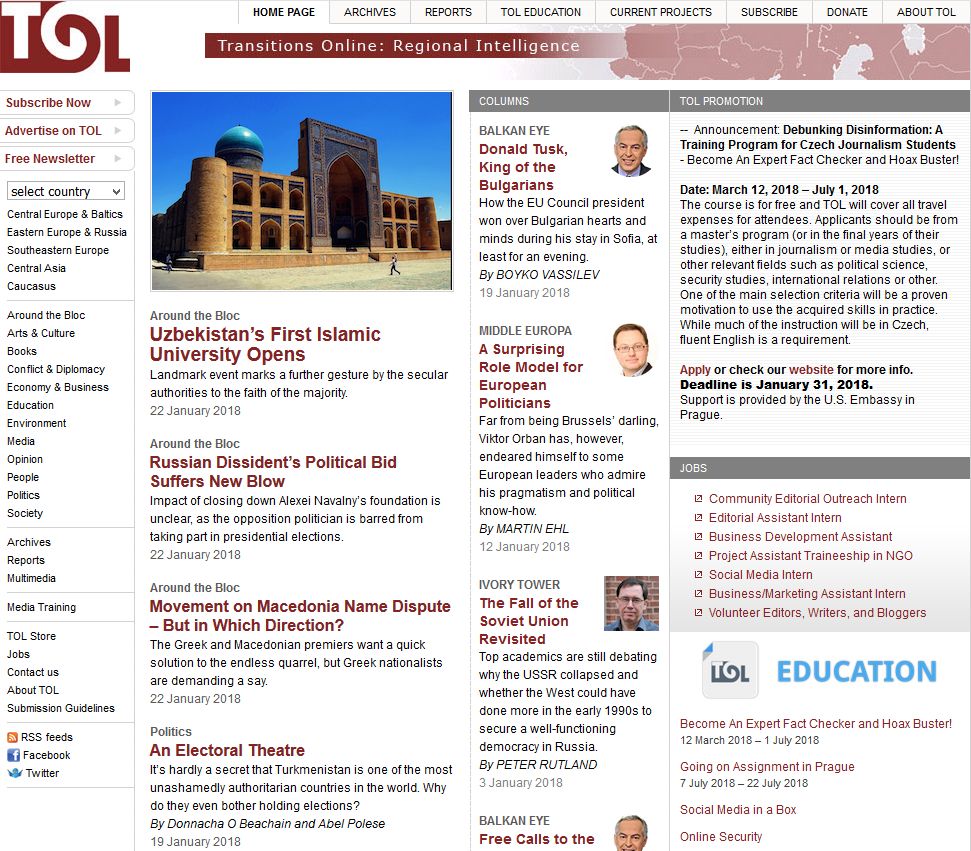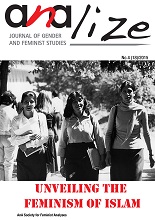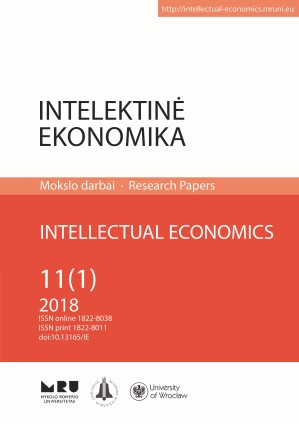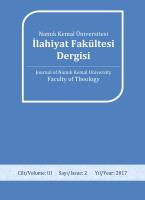Author(s): Džemal Ćehajić / Language(s): Bosnian
Issue: 74-75/2017
The Persian language and literature which played an important role in the Ottoman culture, were also taught and learnt in the Yugoslav lands, and especially in Bosnia and Herzegovina, during the Turkish rule. Besides Arabic and Turkish, Persian was taught both in elementary and secondary schools, and works of the important Persian classics used to be favourite literature, such as: Sadi’s Gulistan (Rosegarden), Baharestan (The Springgarden) by Abdurrahman Djami, Divan of Ghazals by Hafiz from Shiraz, and Masnevi (The mystical code) by Jalal-ad-Din Rumi. As a consequence of the mentioned Persian influence and the interest in the Persian literature, numerous writers, by origin from Bosnia and Herzegovina and other Yugoslav lands, wrote their works in Persian: Dervish-pasha Bajezidagić (XVIth century), Sabuhi (died 1641), Rushdi (died 1699), Husrev-pasha Sokolović (died 1639), Nerkesi Muhamed from Sarajevo (died 1672), Tevekkuli-Dede (XVII century), and Fawzi of Mostar (died 1747). The strength and continuity of those influences and reflections had been visibly present both in the „Bosnian“ language and the literature of Bosnia and Herzegovina from the XVth to the end of the XIXth century. The present author described the life and work of one of the greatest comentators of the classical Persian literature Ahmad Sudi Bosnevi (died1593), who was known in the Ottoman literature by the name of Sudi Bosnevi. He was born in the village of Sudići near the town of Čajniče in Bosnia. He obtained his secondary education in his homeland, studied in Istanbul, and for some time attended lectures in Persian language and literature of Muslih ad-Din Lari (died 1569) in Diarbakr in Syria. Upon his return to Istanbul, he worked as a teacher at Atmaydan-Saray of the Bosnian Ibrahim-pasha, where he taught the young men who were being educated for the positions at the Court. Most probably he taught Arabic language and Persian language and literature. However, the later period of his work is much more important. His memorable works, with which he greatly contributed to the Ottoman Turkish culture, date from that period. He enriched that culture with his outstanding comentaries on the Persian classics, his translations into Turkish and his original works. Still, the most important part of Sudi’s literary work are his commentaries: Gulistan and Bustan of Sadi from Shiraz, Divan, poems by Hafiz from Shiraz, Baharestan by Abdurrahma Djami, Masnevi by Jelal-ad-Din Rumi. Besides the fact that he had plenty of commentaries that he used, Sudi not only went a step further, but he also went in a completely different direction. That is to say, he tried, in the poetry of Hafiz for example, to discover real life, to explain its natural meanin, not entering the Sufi interpretations, as his predecessors had done. That was, according to the present author, the basic direction which Ahmed Sudi followed in his commentaries. Sudi gave the philological analysis, the meaning and translation of every verse and sentence, and then shed more light on the outside manifestations of life in the workds of the mentioned Persian classics, as opposed to the vague alegorical and mystical interpretations given by his predecessors. The importance of his commentaries of the works of Sadi, Hafiz, Abdurrahman Djami is seen in the fact that they were printed in Istanbul, Alexandria and Bulak (Divan by Hafiz Shirazi). Also, Sudi’s commentary of the Divan by Hafiz was printed in Leipzig in 1257/1841 as well, with the commentary of the first 80 verses, in Vienna in 1257/1858 in three volumes with a German translation in verse. The translation of the poetry of Hafiz into English by W. H. Lowe (Twelve Odes of Hafiz, Cambridge, 1877) was accompained by the suitable part of Sudi’s commentary of the same work, and much later, a Frenchman Arthur Guy added Sudi’s commentaries to his translation of the Ghazals of Hafiz (Les Poemes erotiques on Ghazels de Chems ad-Din Mohamed Hafiz, Paris, 1927). Lately, Sudi’s commentary of the Divan by Hafiz, and Sadi’s Gulistan has been translated into Persianas well which shows the value and usefulness of Sudi’s commentaries.
More...
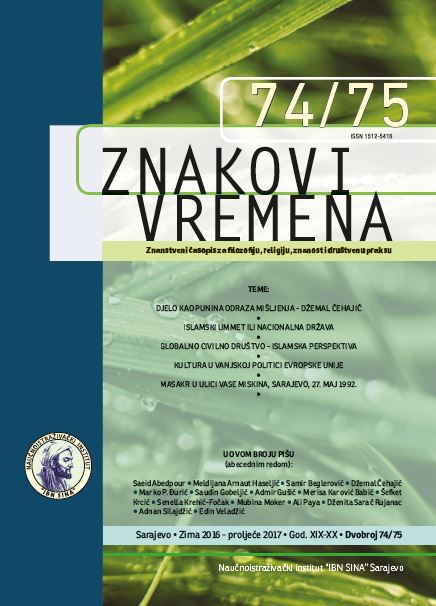

![“Tıbâk” [Tezat] Sanatı Bağlamında Kur’an’da Optimizm](/api/image/getissuecoverimage?id=picture_2017_38100.png)
